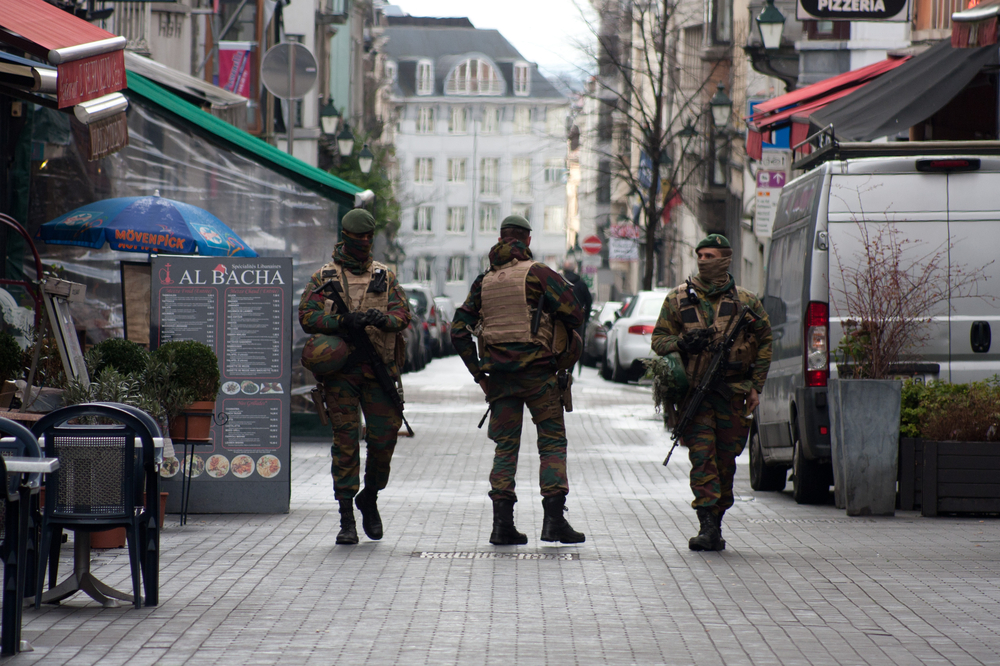NSCR research into suspects of terrorist offenses

NSCR starts in April 2017 with a study of the characteristics and the history of people suspected of terrorist offenses. This research was funded by the programme 'Politie en Wetenschap’ and will make a detailed analysis of recorded data on all persons who were accused of ‘crimes with terrorist intent’ in the Netherlands. This group has never before been so completely mapped.
The threat of radicalisation and terrorism is high on the political and scientific agenda. In 2004, the ‘Law on terrorist crimes’ was introduced, which allowed a specific group of suspects to be defined and expanded the possibilities to investigate and prosecute. In recent years, on the basis of this legislation there have mainly been lawsuits about jihadist activities: traveling abroad to participate in IS and the civil war in Syria, propaganda and recruitment, and committing crime to fund those activities.
There were people suspected of jihadist activities, such as the Hofstad Group, and preparatory acts for (foiled) attacks. There were sporadic accused of politically inspired terrorism (such as animal rights activists) and right-wing extremism (such as people throwing Molotov cocktails at a mosque).
Until now, research in the Netherlands aimed at specific subpopulations of offenders or suspects. The entire population suspects of terrorist offenses in the Netherlands since the introduction of the law in 2004 was not previously the subject of scientific research. With this research, NSCR wants to gain new insights into this group. By (anonymous) linking of available databases we want to get a picture of the personal characteristics of the accused, their involvement in other forms of crime and the moment when this took place in the life-course.
In addition, we aim to gain more insight about the leading up to terrorist activities, such as personal events in the previous year (eg. leaving school, losing a job or divorce), or notable changes in criminal activity. We also want to know how the suspects run through the criminal justice system, and how successful the police is in getting suspects of terrorist activities convicted.
With the results of the research we aim to identify the root causes and direct triggers of involvement in terrorist activities. More knowledge about the population of suspects of terrorist offenses may be of practical interest for the police strategy and tactics.
For this research project NSCR will hire an additional junior researcher who will collaborate within the cluster Extremism/Terrorism with researchers Vanja Ljujic, Elanie Rodermond and Frank Weerman. We will also cooperate with the prosecution and the police.
Share this article
Actuele berichten

